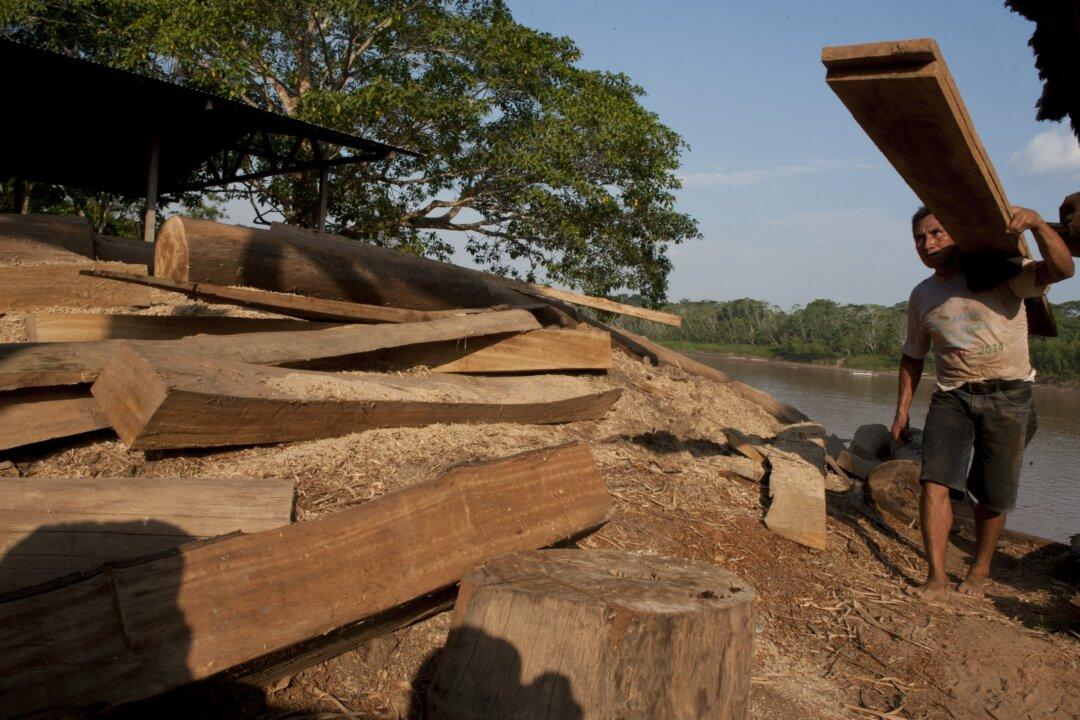The UK announced planned rainforest protection measures on Tuesday that would fine larger businesses if they use products in their supply chains that were grown on illegally deforested land.
The proposed law, designed to clean up UK supply chains, would require businesses operating in the country to perform “due diligence” and publish details of where commodities such as cocoa, palm oil, and soy originate from, the government said in a statement.





